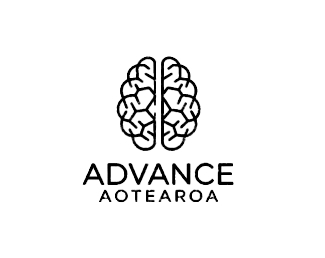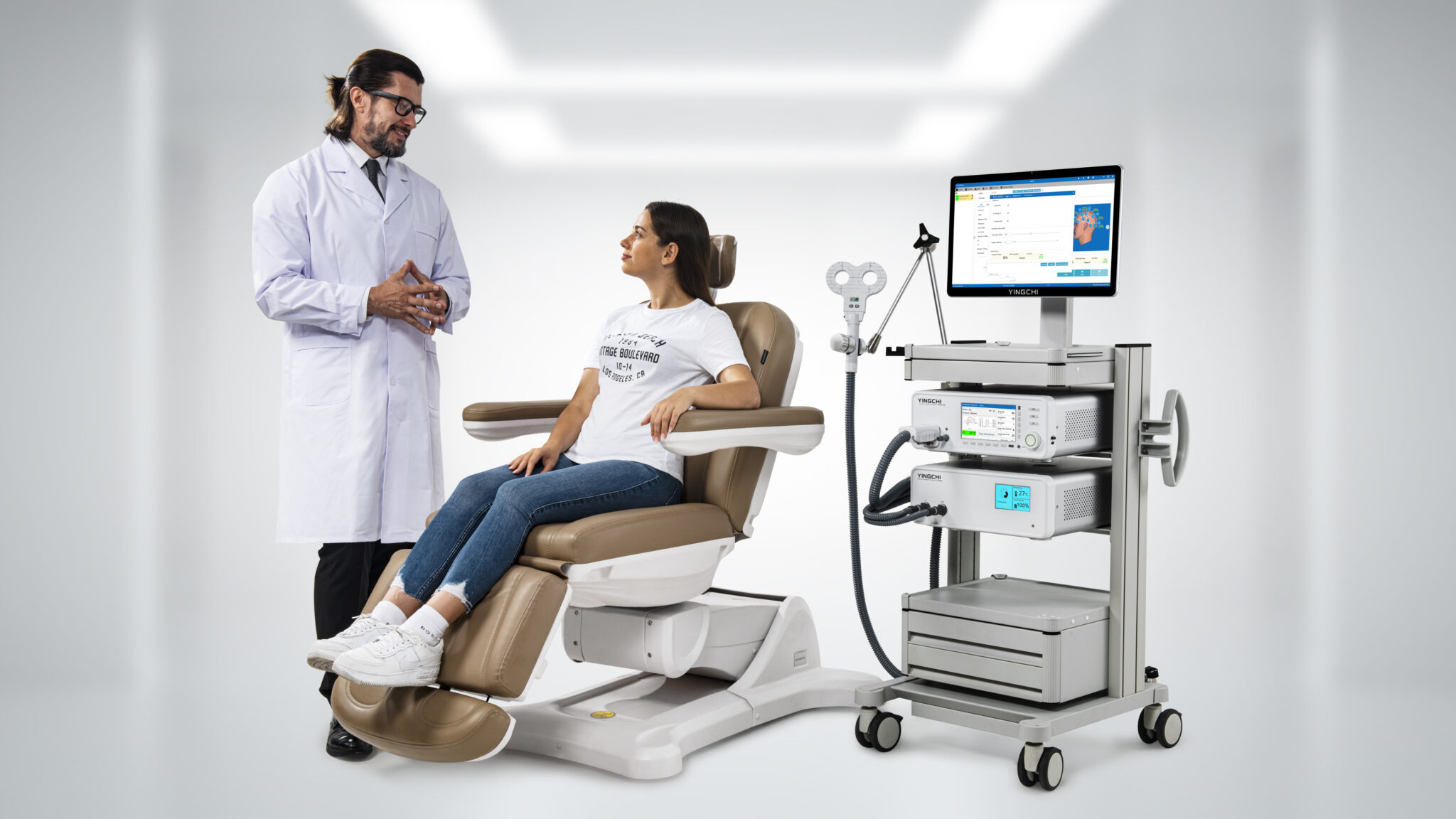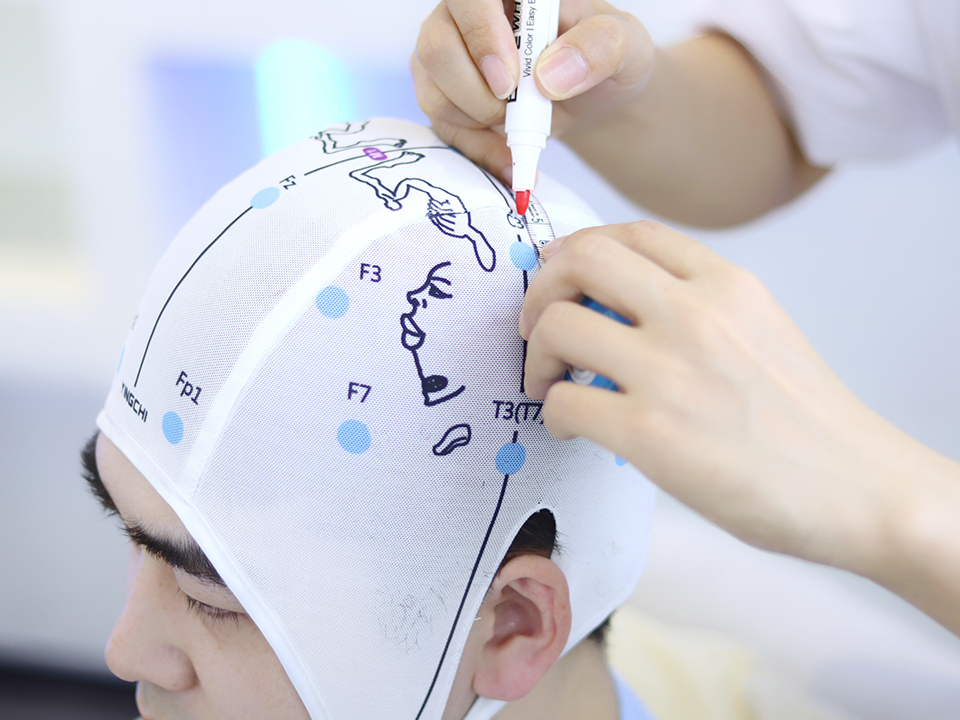Don't let depression hold you back
Transcranial Magnetic Stimulation
At Advance Aotearoa, we offer innovative treatments like Transcranial Magnetic Stimulation (TMS).
Discover the Key Benefits of TMS Therapy
Major depression impacts every aspect of life, making even daily tasks feel impossible. For many, traditional treatments—medication and talking therapy—take time, often with limited results. If you’ve tried it all and still struggle, there’s hope.
We’re proud to be the Only Clinic in New Zealand offering a full range of advanced TMS treatments
Alongside traditional rTMS, we provide iTBS and cTBS—faster options that take just minutes and fit easily into your day. For those outside Auckland, our accelerated programs allow effective treatment in a shorter timeframe. We also offer Deep TMS for conditions like Anxiety, OCD, Eating Disorders, and PTSD, using the latest technology for powerful results with minimal disruption to your life.
How does TMS work
TMS delivers magnetic pulses to stimulate underactive nerve cells in the parts of the brain that control mood.

During TMS treatment, an electromagnetic coil is placed on the scalp to deliver magnetic pulses to the parts of the brain that control mood.
By stimulating underactive nerve cells, we rebalance and strengthen the brain’s neural network.
Evidence shows that this stimulation helps ease the symptoms of depression for sufferers and improves their overall mood.
Am I a Candidate for TMS?
- Major Depressive Disorder: Not responding to medications or experiencing undesirable side effects.
- Obsessive-Compulsive Disorder: Not responding to medications or experiencing undesirable side effects.
- Chronic Pain: Conditions like fibromyalgia or neuropathic pain.
- Tinnitus: Persistent ringing in the ears.
- Other Conditions: PTSD, eating disorders, addictions, psychosis evaluated on a case-by-case basis.
What typically happens during a session?
TMS is a personalised treatment for each client. A doctor will evaluate whether this treatment is right for you.
-
If approved, the doctor will take some measurements of your head to find the best spot for magnetic stimulation. We'll also check how the brain reacts to determine the right level of stimulation needed for the treatment.
-
A trained nurse conducts the sessions. They place a cap on the patient’s head, mark the treatment area, and put an electromagnetic coil on that spot to deliver the stimulation. Precision is key.
-
TMS is done in our clinic while the patient remains awake throughout the process. You can talk to the nurse or listen to music. You will feel brief tapping sensations, mainly around the front of the head.
-
Each session lasts between 3 to 40 minutes, depending on the specific treatment plan, and you can carry on with your day right after.
How many TMS sessions are needed and how long do results last? Any side effects?
The number of TMS sessions needed varies by condition. For depression, evidence suggests 3-40mins daily sessions over 3 to 6 weeks, typically 5 per week. Accelerated TMS allows for multiple sessions daily, shortening treatment time. Many benefit for over a year, but if symptoms return, booster sessions can be done within few days.
TMS is effective about 75% of the time, which means that it is twice as effective as antidepressant medications and almost as effective as electroconvulsive therapy.
Nearly half of those who respond to TMS feel better within the first few weeks of treatment.


